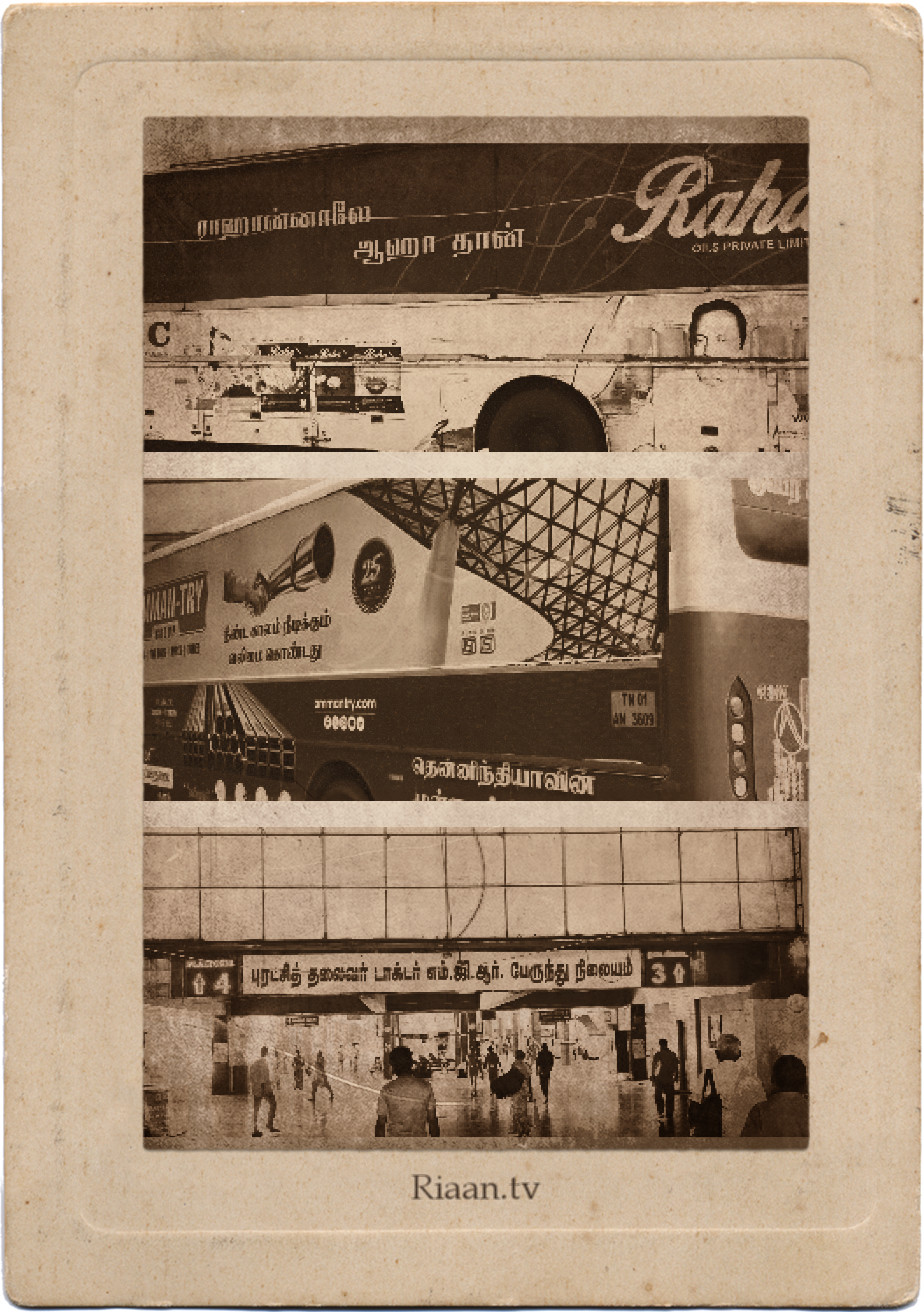Chennai: The Madras High Court has flagged a serious violation by the Tamil Nadu State Transport Corporation (TNSTC), raising alarms over the blatant disregard for a Supreme Court ruling that prohibits obstructive advertisements on bus windows and windshields.
For years, public buses in Tamil Nadu have been extensively wrapped in full-body vinyl advertisements, with commercial ads covering not just the body but also the windows and, in some cases, windshields. These practices are now under intense judicial scrutiny for violating a landmark Supreme Court judgment dated May 4, 2012, in the case of Avishek Goenka vs. Union of India.
Supreme Court’s Crystal-Clear Directive
The Supreme Court explicitly ruled that:
-
Front and rear windscreens must maintain a minimum of 70% Visual Light Transmission (VLT).
-
Side windows must maintain a minimum of 50% VLT.
This was aimed at ensuring transparency for the safety of passengers and enabling police surveillance. The judgment made it clear that no individual, manufacturer, or government body has the authority to apply black films or any materials that compromise these limits.
The reasoning was compelling:
-
Obscured windows allow criminals to commit serious offenses undetected.
-
Reduced visibility substantially increases the risk of traffic accidents.
TNSTC in Clear Violation
Despite the judicial mandate, the TN State Transport Corporation continues to allow vinyl ads covering glass surfaces on its buses. This not only endangers passengers—especially women, children, and the elderly—but also compromises driver visibility and hampers law enforcement efforts.
Experts warn that such opacity is a direct enabler of criminal activity and a recipe for accidents.
Madras High Court Orders Immediate Action
Recognizing the danger, the Madras High Court has demanded a comprehensive action taken report from the state transport authorities. The order is clear:
-
All ads obscuring windows and windshields must be removed without delay.
-
Future ads must be confined to body panels that do not interfere with passenger visibility.
-
Alternative solutions like digital screens inside buses or ads on roof and rear panels should be explored.
A Nationwide Concern
This issue goes far beyond Tamil Nadu. Similar violations occur across major Indian cities, from Delhi to Bengaluru. The Supreme Court’s ruling is a binding precedent, intended to protect citizens nationwide by strictly prohibiting any reduction of the prescribed VLT.
Safety Over Commercial Interests
The Supreme Court has emphasized that the constitutional right to life and safety under Article 21 outweighs all other interests, including government revenue from advertisements.
The Madras High Court’s intervention is a necessary step in reinforcing this principle. It sends a strong message that public safety must never be sacrificed for profit.
As the legal process unfolds, public expectation is clear:
Ensure transparent visibility and safeguard lives.

